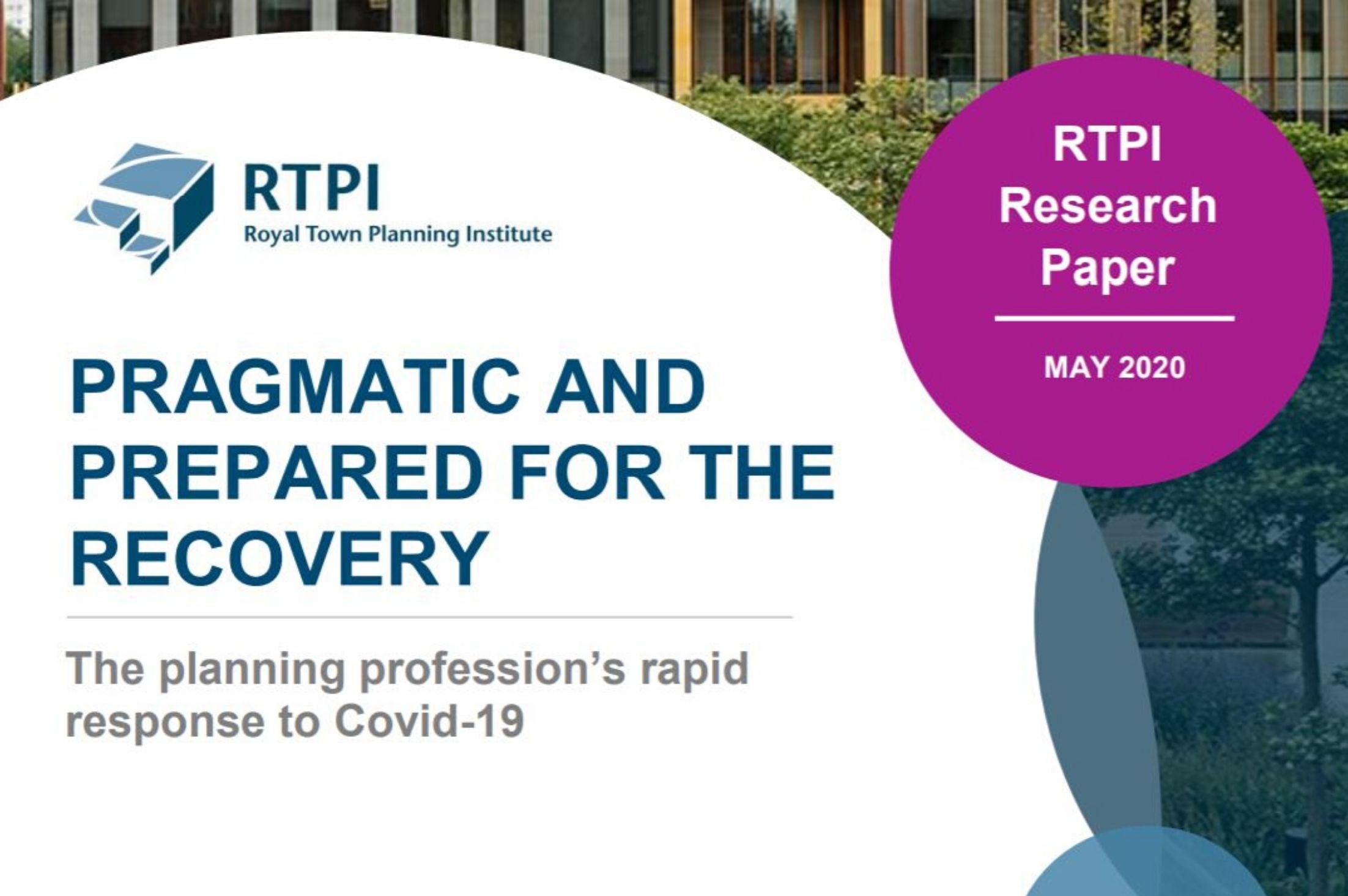As we look ahead to the new year and the new opportunities it will bring, Planning & Design Practice Ltd is expanding and excited to announce new additions to the team, with new recruits joining our planning, architectural and heritage teams.
Joining our approachable and experienced team of RIBA Chartered Architects and architectural assistants is Project Architect Manik Karunaratne. An Architects Registration Board (ARB) UK registered architect, Manik qualified in 2018 at the University of Nottingham, following an architectural journey comprised of several universities, having studied at the University of Derby, Nottingham Trent University and De Montfort University.
Having worked on commercial architecture practices previously, Manik has experience on office buildings, high rise apartments buildings, housing developments and barn conversions. Currently he is working on a variety of vernacular and domestic projects liaising closely with clients and further developing his knowledge in heritage and conservation.
Andrew Stock joins us as a Principal Planner, having spent over 7 years in local government. Andrew previously worked in development control as a Planning Officer at Herefordshire Council and, since 2016, as a Senior Planning Officer at Derbyshire Dales District Council.
During his time in local government Andrew gained a wealth of knowledge on a wide range of planning applications including residential, commercial, industrial and agricultural developments of various scales. Andrew will utilise his wealth of experience and local knowledge to assist the company in the preparation, submission and management of all types of planning applications going forward.
Having recently completed a Master’s degree in Public History and Heritage at the University of Derby, Ruth Gray joins our Heritage team as Heritage Assistant. Ruth will assist an IHBC (Institute of Historic Building Conservation) planner and a Specialist Conservation Architect, carrying out research and helping to prepare heritage assessments, listed building applications and planning applications in conservation areas, and within the Derwent Valley Mills World Heritage site, where we have worked on a number of successful projects. Prior to joining Planning & Design, Ruth was a heritage assistant at a charity in Nottingham supporting sector entrants to find their first role in museums and cultural institutions.
Continuing a tradition of encouraging and supporting emerging talent, we are also pleased to announce the addition to the team of: Joshua Bunce and Matthew Kempster as Junior Architectural Technicians; and Katy Francis, Emily Anderson, Caitlin Holton and Shaun Hyde as Graduate Planners.
Richard Pigott, Director said “We are excited to be growing the team again following the restructuring earlier in the year and the appointment of the new management team. This is in response to continuing demand for our services and demonstrates our confidence in the future in both our Derby and Sheffield offices, reflecting the positive economic outlook in these two great cities.”
Since being founded in 2002 Planning & Design Practice Ltd has earnt an excellent reputation for winning approvals and for creating attractive and viable proposals. The company has generated over £200m of uplift in land values for clients through its consents and proposals. The architectural side of the business boasts true international expertise having worked on large scale projects in Russia, Germany, Spain and the United States as well as across the UK. The company is able to design award winning proposals for a wide range of clients across the country.
The company’s heritage team can advise on listed buildings and developments in sensitive locations whilst maintaining a strong planning consultancy team. In 2019 our heritage work was recognised and awarded the Highly Commended Certificate for Excellence in Planning for Heritage & Culture at the recent RTPI East Midlands Awards for Planning Excellence 2019. The Highly Commended Certificate was for our work on the redevelopment of the ‘East Site’ at John Smedley Mills, Lea Bridge.












